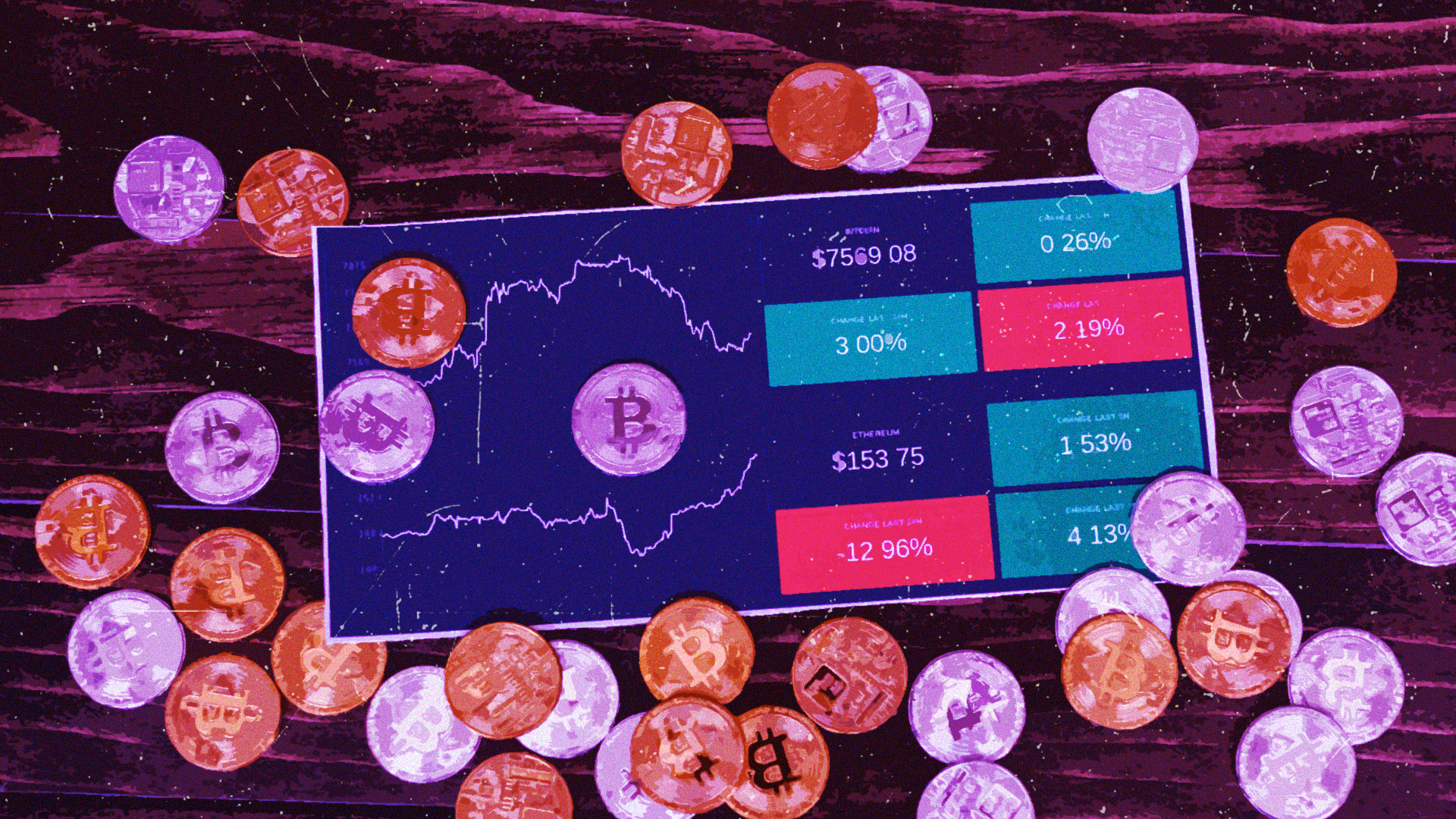For most young people, crypto trading is mostly a fun and recreational way of making some extra money. For some though, its lack of regulation and changeable nature can spark a slippery slope to addiction.
With cryptocurrency’s rapid and seemingly ceaseless surge onto the mainstream, addictions associated with digital trading are starting to enter the public consciousness.
Notorious for their volatility, coins like Ethereum and Bitcoin can lure traders into a false sense of security. One minute, a coin will seem like a lucrative ‘no brainer’ investment, and the next literal years of winnings can be lost overnight.
Despite its many lax regulations – which saw consumers lose more than $80m on investment scams in 2020 – crypto trading is constantly shoved down our throats. Popping up on underground posters earlier this year, and mentioned on social media every three seconds, some 300 million people are now dabbling in the practice.
Of this population, estimations from psychiatrists claim between 5 and 10 percent will be displaying behaviours synonymous with gambling addictions. In other words, crypto addiction is becoming recognised as a very real disorder.
At a residential drug and alcohol rehabilitation clinic in Peeblesshire Scotland, senior therapist Tony Marini claims close to 20% of his patients are being treated for damaging habits with crypto. Many of these, he worriedly states, are young.
‘A whole generation think that with a little mobile phone they can win, that they can beat the market,’ he says. ‘It scares the bejesus out of me.’


















